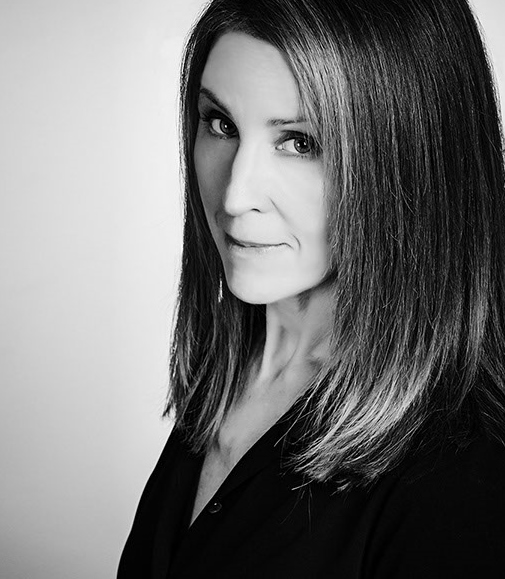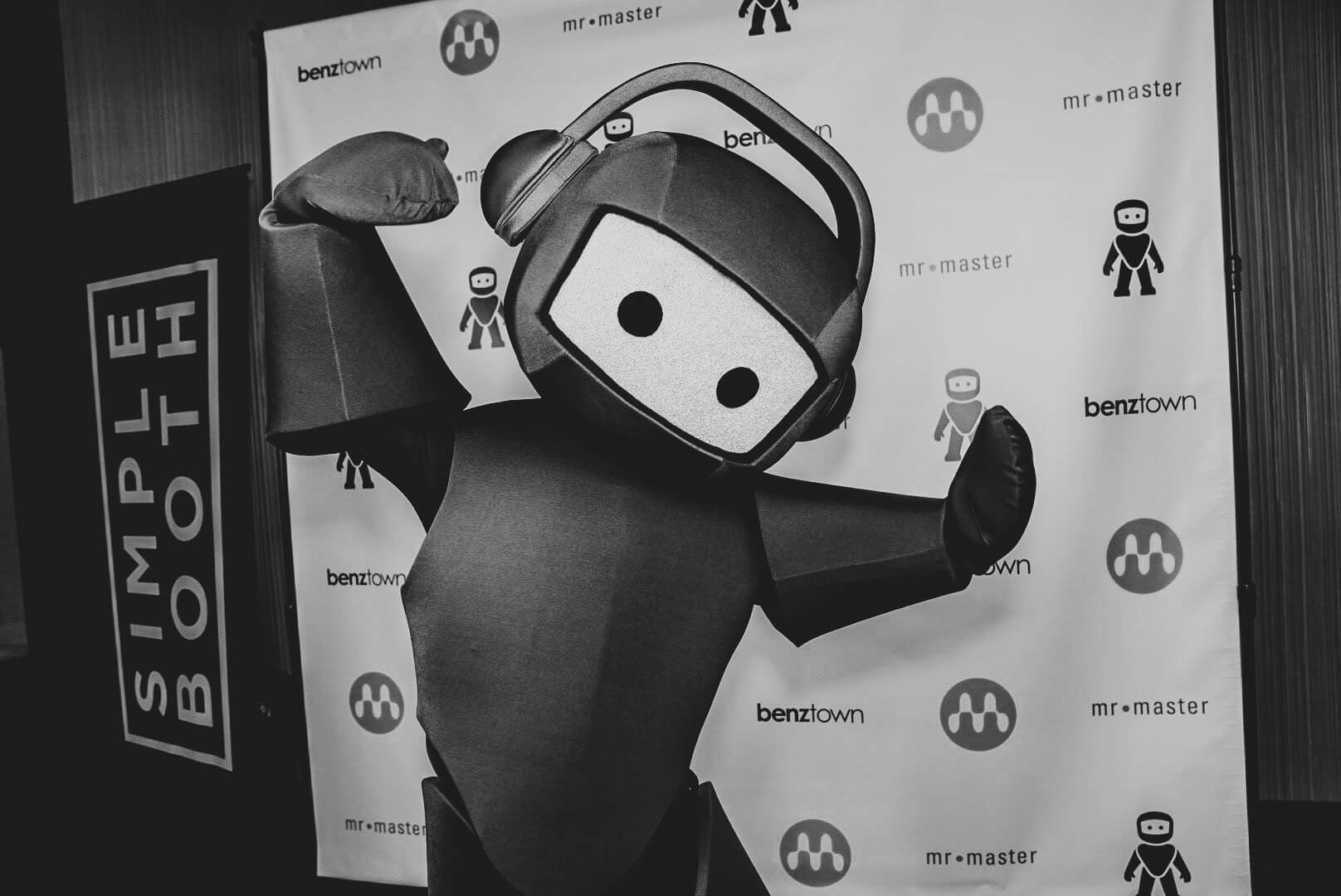Behind the Mic: Beth Cameron

After nearly 25 years working as a full-time voice talent, Beth is a force to be reckoned with. Grateful to have worked with so many stations and clients around the world, she’s still busier than ever!
Can you share any recent projects or collaborations that you found particularly exciting or challenging?
I recently did a government project involving AI that was both exciting and challenging. Of course, I had to sign an NDA so I’m sorry I can’t give any details!
Have you expanded your reach to work with international stations or markets recently?
I had to think about this one a bit because I work for several companies in Asia and Europe, but it took a minute to remember they’re considered “international”. When you work virtually and 95% of client communication is through email, everyone is just another colleague/client/friend, regardless of where they’re located. It’s easy to forget if they’re in another country. Having said that, I haven’t done anything recently to target international clients. I generally depend on word-of-mouth referrals.
Looking back at your journey, what’s one piece of advice you would give to your younger self when starting in the VO industry?
I’m not sure the advice I gave myself when I started would apply today since the industry has changed so much…but I suppose if I was starting out now, I would say, “Plan to work longer hours than you think you will!”
How has your perspective on the voiceover industry evolved since your first gig?
It feels like the whole industry has changed since my first gig. Back then, there were 10 or 20 other talent online. Now there are 10 or 20 thousand, so people trying to break into the business at this stage have to do so much more to even get heard, much less stand out. I never felt like I had to “stand out” when I started. It was more just about showing diversity in your read styles and then just being that reliable talent people could go to for quality VO and quick turnaround. These days, the marketing part of the business is more varied than it ever was before. Social media certainly plays a much bigger role now compared to when I started. I’m definitely someone who prefers doing the work, versus promoting my work, so I struggle more with the marketing aspects now than I used to.
Check out Beth’s Demo:
With the rise of AI-generated voices, how do you see technology impacting the landscape of the voiceover industry, and what measures do you take to differentiate your unique style in an increasingly automated environment?
I understand why some VO talent fear AI, but I never looked at it that way. My first thought was how can I use it to bring in more work and/or revenue? It wasn’t so much about differentiating my style, it was more about being open to new possibilities. I recently worked with a company that used my voice to create an AI app so they could generate hundreds of voice prompts within minutes. I never would have been able to do that on my own and I didn’t replace a human because nobody could do that on their own. As long as you work with companies that are using AI responsibly, it can be just another creative way to make money using your voice. Plus, it still has its limitations and isn’t right for every job. AI just can’t match the combined tone, inflections and emphases of an actual human. When it’s really important that the emotion and emphases are just right, a real person will always sound better. Recently, I tried to listen to an AI narrated article about Tracy Chapman and Luke Combs coming together for their duet of Fast Car, but the AI voice kept referring to the song as Fast CAR (AI is generally programmed to put the emphasis on the noun). Anyone who knows the song, knows it’s FAST Car, so it was it was driving me crazy listening to it. It just doesn’t work for everything.
Can you share your methods for balancing multiple projects and deadlines effectively?
Similar to a lot of people, I find the busier I am, the more efficient I get. I like to take on large projects because they keep me working consistently, which keeps me focused, in the studio and ready to go when smaller projects come in. Still, it’s important to know when to turn something down. When I first started out, I was afraid to say no to any project, thinking that would be the beginning of the end. Now I know just how much I can handle at any point and will ask for more time if I don’t want to turn something down right away…but sometimes you have to. Beyond that, it’s just a matter of staying on track, shutting yourself in your studio and doing the work until it’s done. Oh, and make your studio a place you love to be. I have my computer and editing equipment separate from my booth, in a room with lots of windows and fresh air. I don’t know if I could stay focused for hours at a time if I didn’t make my space bright and comfortable.
Have you explored new avenues for marketing your voiceover services recently?
I’ve always found the best marketing comes from word of mouth.
Are there specific genres or types of voiceover work that you find particularly enjoyable or challenging?
Any recent hobbies or interests outside of voiceover work that you’re passionate about?
I spend way too much time in my gardens on the weekend. They always end up as one giant all-you-can-eat buffet for the local wildlife, but that’s OK. I love it while it lasts.
If you were to recommend one book, movie, or podcast to fellow voice actors, what would it be and why?
I would recommend the podcast Math & Magic with Bob Pittman. He and his guests always offer great insight into both the strategic and creative sides of media and marketing. He always shoots for a balance of right brain vs. left brain thinking in his interviews. I find that balance fascinating.
Connect with Beth:
;)